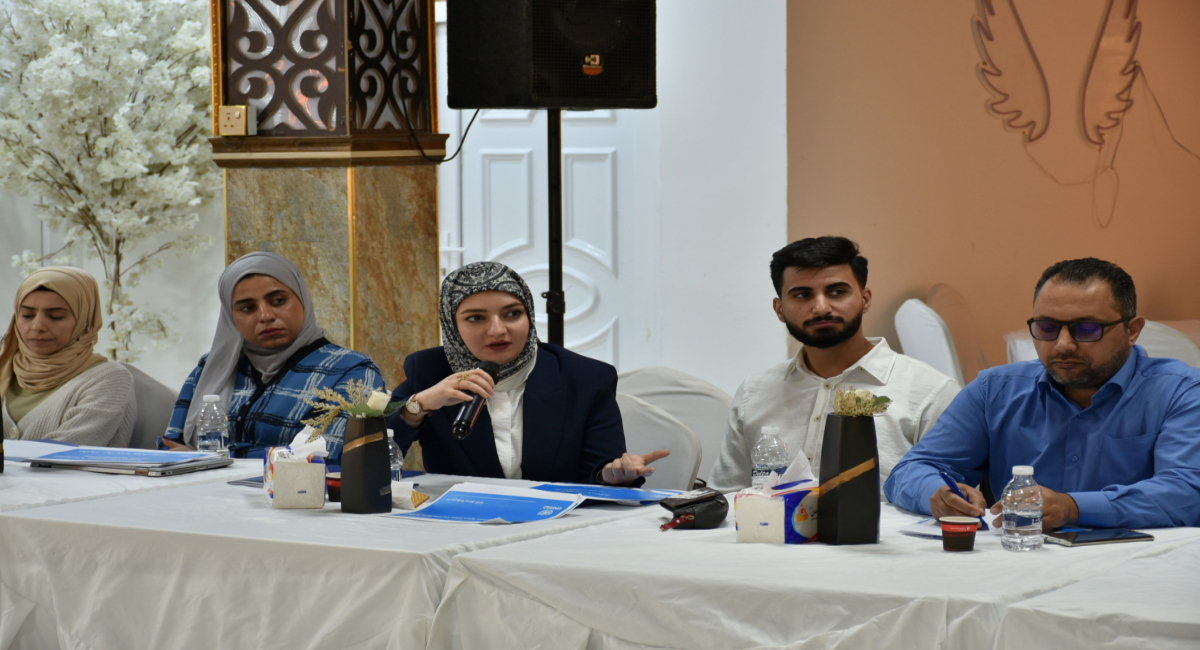Local Communities (Survivors and Witnesses) and NGOs

Survivors and witnesses; community, tribal and religious leaders; local non-governmental organizations (NGOs); and civil society resided at the heart of the Investigative Team, its work, and ability to implement its mandate.
The field-based nature of the Team made it uniquely effective, empowering it with the ability to deploy to relevant crime scenes; meet survivors and witnesses where they lived and collect a diverse range of evidence that would otherwise be out of reach. Close engagement with local communities is what helped to foster trust and encourage those affected by the crimes of ISIL (Da’esh) to come forward and give their account, resulting in the collection of hundreds of witness interviews by the Team. This activity contributed meaningfully not only to the accountability process, but also helped them and their community to heal. Members from these communities were also recruited by the Team to act as liaisons, adding immense value by ensuing UNITAD built close relationships with those most deeply impacted by these crimes.
NGOs equally provided support to the investigative and evidence collection efforts of the Team by sharing witness statements and ISIL (Da’esh)-related materials they had collected themselves. To help them preserve this evidence, the Team deployed digitization and archiving support, including technical expertise and equipment. UNITAD also worked closely with NGOs as a provider of psychosocial support, for example, deploying cooperatively during mass grave excavations and return of remains activities to help communities and families at these events through the trauma and grief they had suffered.
More broadly, UNITAD regularly organized meetings with NGOs in Iraq to hear their experiences and views on areas pertaining to the work of the Team. Under the umbrella of these meetings, known as the UNITAD-NGO Dialogue Forum, five thematic roundtables on specialized topics relating to this work were convened as well as seven biannual plenary roundtables, which provided an opportunity for UNITAD to update participants on its work.
Summary notes from these roundtables, which include observations and recommendations, were circulated within the forum, as well as to all investigative units within UNITAD to be incorporated into their activities.

